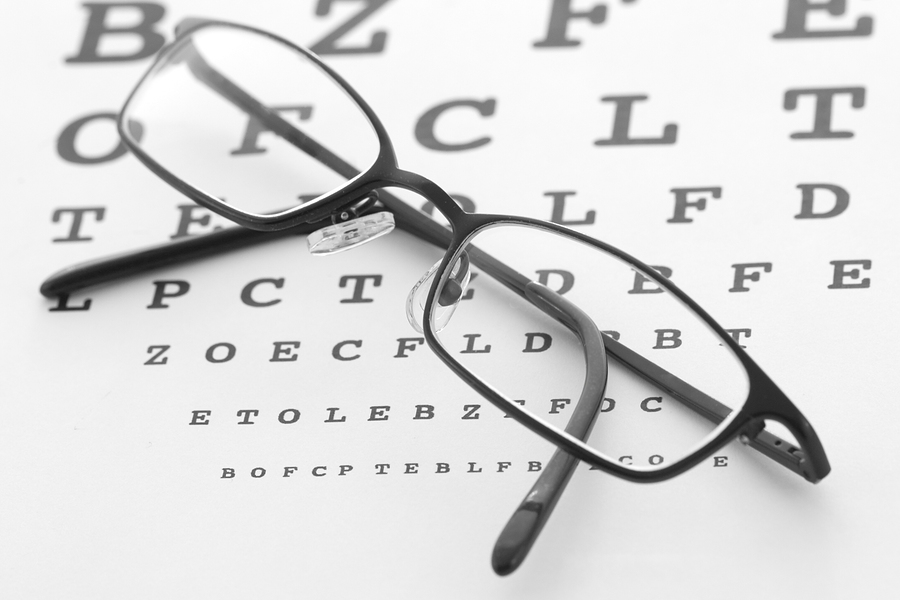Age related macular degeneration
Age related macular degeneration (ARMD) is said to be the most common cause of sight loss in people over 60 in the developed world.
With over 500,000 people known with the condition, there are many who do not know what the condition is and how it can affect you.
The macular is a small part of the retina at the back of the eye that is responsible for our central vision, colour vision and fine detail. Central vision is used to see what is directly in front of you; for example, watching the television or reading a book. The painless disease will not lead to total sight loss but it could eventually cause blurry and distorted vision and even a blank patch in the centre of your vision.
There are two different types of ARMD – dry and wet. Dry ARMD is caused by damage to the macula due to a lack of nutrients and a gradual reduction in the macula cells that do not regenerate. This affects 9 in 10 cases and the loss of vision is gradual over many months or years. Wet ARMD causes abnormal blood vessels to develop in the macular which leak, causing scarring and rapid loss of vision, requiring urgent attention.
The exact cause of ARMD is unknown. However, there are a number of increased risk factors that are associated with the development of the disease. Age is the most important factor due to the reduction of cell regeneration. Smokers are 2-3 times more likely to develop macular degeneration; women are more at risk and also if there is a family history. Other possible risk factors are alcohol, sunlight, obesity and high blood pressure.
Wet related degeneration can be treated if caught soon enough, but dry related degeneration currently has no treatment. However, with the right support and knowledge it is manageable.
A lot of research is going into how to prevent and treat this disease. Areas such as radiotherapy, the use of stem cells and drug treatments are all currently being developed and researched but what is particularly interesting is nutrition. As we age, the ability for our body to repair our cells is reduced and prevents them coming under attack by free radicals. Antioxidants can protect us against these effects and can be found in green leafy vegetables such as kale and spinach. It is also thought that omega 3 can protect us against free radicals as well so including oily fish in your diet is recommended.
Coping with this eye condition can be very hard and upsetting for a lot of people, not knowing how they will adapt to their vision changes. There are support groups and councillors through RNIB and the Macular Society set up for people that need someone to talk to. There are lots of different ways that you can be supported with this disease and carry on living life to the full.
Disclaimer
All content on Silversurfers.com is provided for general information only, and should not be treated at all as a substitute for the medical advice of your own doctor or any other health care professional. Silverhairs.com will not be responsible or liable for any diagnosis made by a user based on the content on www.silversurfers.com and we are also not liable for the content of any external websites or links from or to Silverhairs to any other websites. Please always consult your own doctor if you’re in any way concerned about any aspect of your health.
Latest posts by Sally - Silversurfer's Editor (see all)
- 10 tips to make perfect sausage rolls at home - December 3, 2024
- Time to make your opinions count! - December 3, 2024
- Dairy Diary Tear & Share Mincemeat Swirls - December 1, 2024
- Win ONE of THREE signed copies of David Hamilton’s Long and Winding Road - December 1, 2024
- Win a CleverChef 14 in 1 Multi-Function Cooker by Drew&Cole - December 1, 2024





















